All Stories
-
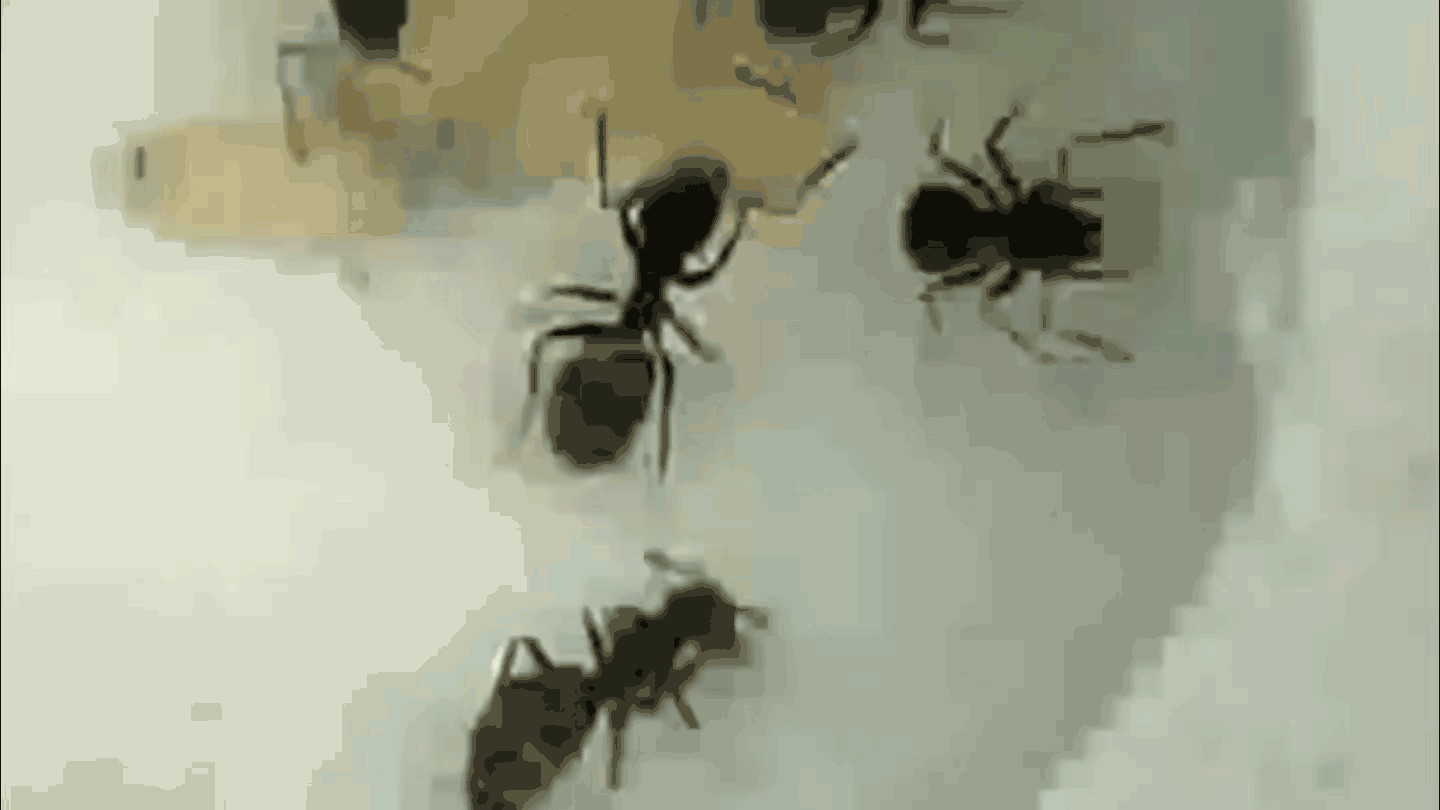 Animals
AnimalsThese sick baby ants sacrifice themselves to protect their colony
When infected by a fungal disease, ant pupae actively emit a chemical cue that prompts workers to get rid of them for the good of the colony.
-
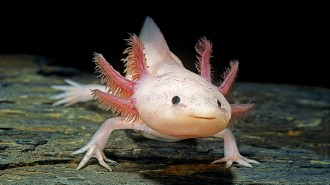 Science & Society
Science & SocietyThese scientific discoveries brought us joy in 2025
Amidst a tough year for science, glimmers of joy burst through in revelations from the silly to the sublime.
-
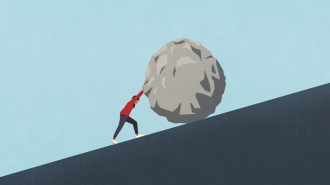 Science & Society
Science & SocietyThis new year, maybe resolve to quit
Western cultural stories tend to emphasize perseverance. But science shows that knowing when to quit has a place in our success too.
By Sujata Gupta -
 Earth
EarthSome of 2025’s scientific discoveries broke records
Longest lightning, the first AI-generated genomes and biggest black hole smashup were among this year’s top science superlatives.
- Animals
In a first, orcas and dolphins seen possibly hunting together
New footage shows orcas and dolphins coordinating hunts, hinting at interspecies teamwork to track and catch salmon off British Columbia.
-
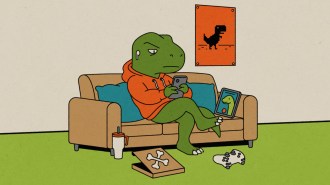 Paleontology
PaleontologyThese fossil finds shed new light on the past in 2025
The year's top paleontological wonders ranged from a 540-million-year-old penis worm to a decades-old rodent impression.
-
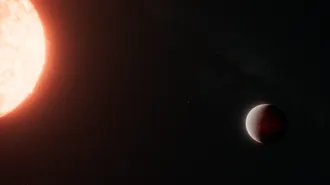 Astronomy
AstronomyAgainst the odds, a burbling lava planet retains an atmosphere
The James Webb Space Telescope detected an atmosphere on a lava-covered exoplanet, evidence that small planets close to stars can have atmospheres.
By Carly Kay -
 Physics
Physics'Crush' explores how gravity shapes life as we know it
James Riordan’s new book will help readers wrap their heads around this mysterious, fundamental force of nature.
-
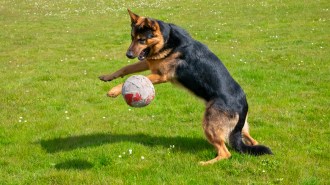 Animals
AnimalsScience taught us a few new tricks about our pets in 2025
Are we reading our dog’s moods right? Does TV really comfort them when we’re away? These pet stories were catnip to us this year.
By Carly Kay -
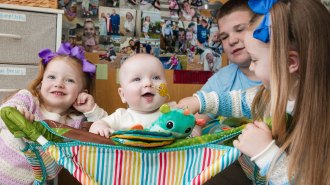 Health & Medicine
Health & MedicineThese medical breakthroughs and advances gave patients new hope in 2025
Advances delivered what may feel like medical miracles, including the first bladder transplant, a lifesaving personalized gene therapy and more.
By Meghan Rosen -
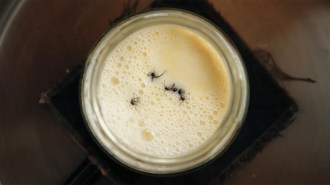 Humans
HumansHave a taste of our favorite food stories from 2025
This year, researchers took a bite out of culinary innovation. Check out some of our favorite food-related stories from 2025.
By Carly Kay -
 Health & Medicine
Health & MedicineResearch hailing the benefits of the COVID-19 shot keeps coming
There was more good health news about the COVID-19 vaccine for infants, kids and adults in December. There’s still time to get the shot this winter.